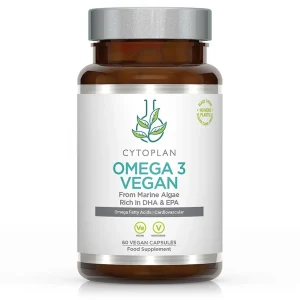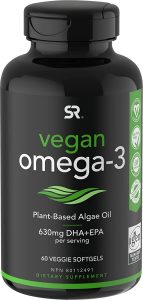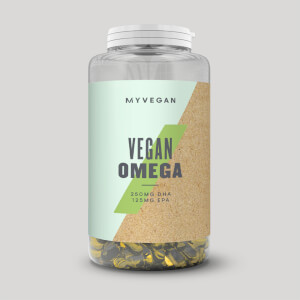Omega-3 fatty acids can be found in abundance in a wide variety of plant-based food sources. Walnuts, flaxseeds, chia seeds, hemp seeds, edamame, seaweed, and algae are all good sources of omega-3 fatty acids. Other green leafy vegetables and beans, as well as other legumes, contain trace levels of this compound.
How do vegans get omega-3?
ALA-rich foods such as chia seeds, powdered linseed, hemp seeds, and walnuts should be included in your daily diet, and vegetable (rapeseed) oil should be used as your primary cooking oil to ensure that you get the most out of every calorie you consume.
 Total price: £28.10
Total price: £28.10
Is there a vegan version of omega-3?
Omega-3 fatty acids can be found in the highest concentration in nuts and seeds, which are the best plant-based sources. The omega-3 fatty acids flax, chia, hemp, and walnut seeds, as well as other nuts and seeds, are all great sources of ALA, which is a precursor to both EPA and DHA and is present in a wide range of foods.
Is vegan omega-3 as good as fish omega-3?
According to the American Heart Association, numerous studies have found that vegetarians and vegans have significantly lower levels of the omega-3 fatty acids EPA and DHA when compared to people who consume fish or other seafood.
Due to the fact that they are one of the few plant families that contain both DHA and EPA, seaweed and algae are essential sources of omega-3 for persons following a vegetarian or vegan diet. The amount of DHA and EPA in a product varies depending on the type of algae used and the specific product. There are numerous options for incorporating these items into one’s diet. We hope this article was useful and you found the answers to your questions. To find the most suitable Omega-3 vegan just visit the Cytoplan website.










